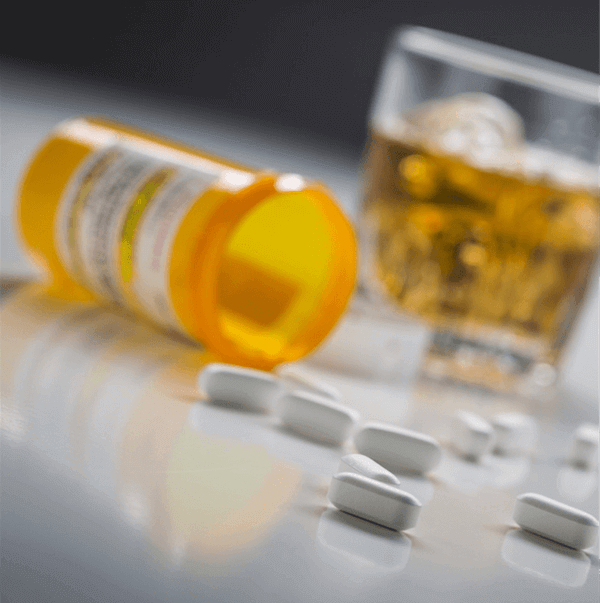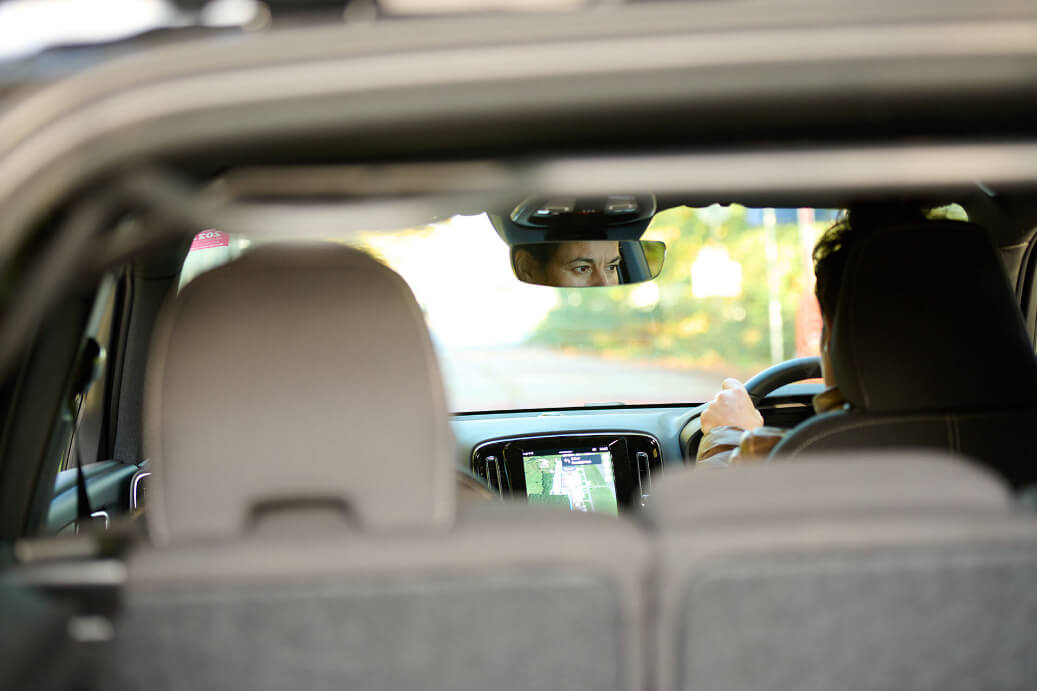
Following the introduction of new drug driving legislation in 2015, the number of drug driving charges has risen to record levels in the last year
Drug driving was identified as a specific legislative offence in 2015, a decisive move in enabling police to charge an individual for drug driving, similar to existing drink driving legislation. Drug driving offences occur when traces of at least one of 16 specified drugs in their blood above a certain limit.
Half of the 16 drugs listed are ‘medicinal’, which when prescribed will contain warnings about impairing people’s ability to drive. UK drivers are just as likely to be prosecuted for having a legal drug in their system as they are an illegal drug while behind the wheel.
A recent Freedom of Information request sent to all UK police forces has revealed that the number of drug driving charges has increased by 125% over the last year, with responding English and Welsh forces reporting a combined 9,270 drug driving charges.
Andy Wheeler, Head of Technical Delivery for TTC Group shares his thoughts, having analysed the FOI results: “The latest figures fully support my observations and concerns over the last few years, with drug driving arrests confirmed at an all-time high.”
“These revealing figures should be a real wake-up call for businesses employing both drivers and operators of machinery.”
“Anecdotal evidence from our specialist Drink Drive Rehabilitation trainers tell me that they believe a third of the course delegates regularly use recreational drugs. However, it is not just recreational drug use, it is also prescription medicine where drivers and operators can fall foul of the drug driving legislation without realising it.”

“Drivers are fully aware of the drink driving laws, but are yet to catch up on new drug driving legislation. For this reason, TTC Group has partnered with D.Tec International and now able to provide our customers with education, prevention and detection through their drug and alcohol screening services.”

